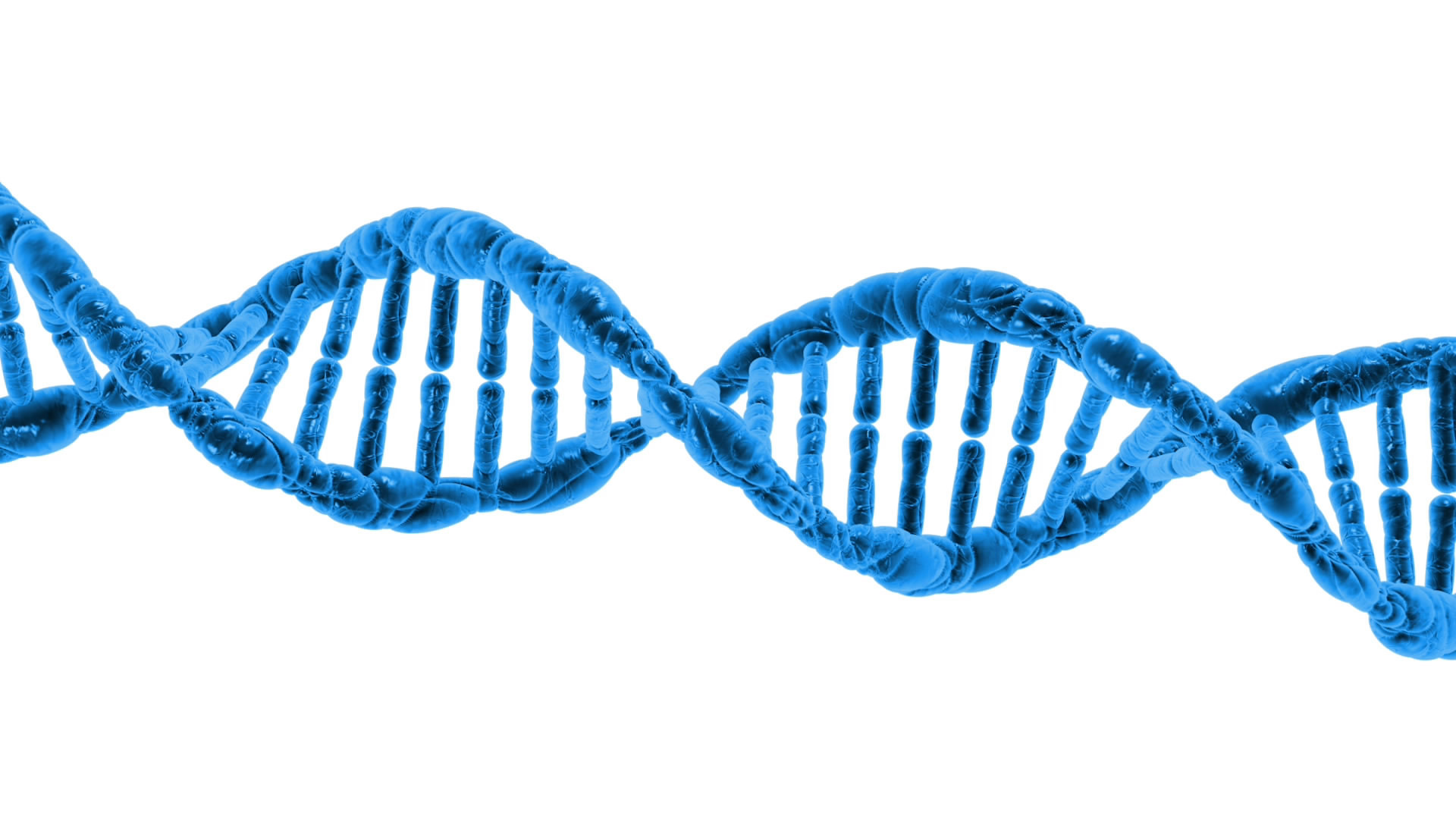
The mystery of the fountain of youth has evaded mankind for centuries. Although we still haven’t unlocked the secrets completely, modern science has begun to reveal some of the physical causes of aging at the cellular level. Telomeres, the nuclear endcaps that protect the ends of our chromosomes, play a large part in our individual rate of aging, as well as the likelihood of developing certain diseases.
What are telomeres?
The repeating molecular units that make up our DNA are organized in a tightly coiled twist when they are resting. When it comes time for a cell to divide, the chromosomes uncoil and arrange themselves in an alignment that allows them to be copied and split into two pieces, generating new cells. At the tips of each of the chromosomes are the telomeres, expendable blocks of extra DNA that cap off the chromosomes and give them protection during the replication process, when uncoiling and recoiling puts them at risk for damage.
Telomeres are often compared with the little plastic tubes used to prevent shoelaces from fraying. This process occurs within every single body cell throughout our lives as we grow and repair bodily damage from the many insults nature throws our way.
How are telomeres related to aging?
The protective capacities of telomeres, as you can guess, are not infinite. With each cell division, the telomere ends of chromosomes lose a little bit of mass and become increasingly shorter, this is referred to as attrition. The enzyme telomerase is responsible for the maintenance of the length of telomeres and DNA replication. With age, telomerase gets silenced and eventually, the telomeres become too short for cells to divide. When they are reduced to a point at which they can no longer function, the cell loses its replicative power and either dies or enters a state known as senescence.
Telomere length varies amongst different animal species, as well as individual people. Your telomeres are a barometer of your overall health and prospects for longevity. People with longer telomeres tend to live longer, physically age more slowly, and have greater resistance to cancer (Genetic Science Learning Center, 2016). The prevailing research suggests that long telomeres provide greater insurance against cellular damage by providing each cell with the ability to replicate many more times than another cell with shorter caps.
Telomere length also varies within your body depending on the type of tissue. Organs with tissues that do not continually regenerate, such as brain or heart muscle, tend to keep their longer telomeres for a longer time. Conversely, white blood cells, skin, or the tissues that line abrasive canals like the stomach or colon would see changes in telomere length much more rapidly, due to their need for constant regeneration.

Figure 1. Influence of endogenous and exogenous factors on aging.
The Journals of Gerontology: Series A, Volume 73, Issue 1, January 2018, Pages 39–47
Is telomere length the result of luck or lifestyle?
The answer to this question is a little bit of both. Genetics does play a role in predetermining a person’s telomeres throughout different parts of the body. However, the lifestyle choices we make to maintain (or destroy) the health of various tissues also contributes to the preservation or precipitous shortening of our telomeres.
Based on what we know so far about how telomeres relate to health, doctors recommend the same type of advice for preserving telomere length as for preserving health in general. Don’t drink excessively or use tobacco products. Choose a low-fat, plant-based diet that includes a multitude of fresh fruits and vegetables every day. Choose lean, high-quality proteins such as fish.
Get regular aerobic exercise and, importantly, plenty of sleep.
Most of our cellular repair takes place at night, so providing the proper environment is critical to preserving cellular integrity over the long haul. Additionally, some promise has been shown in the use of certain key supplements. Resveratrol and pterostilbene have been researched a great deal in the past two decades and are linked to lower inflammation levels and the maintenance of both telomere length and structural integrity (Li et al., 2018).
Another less talked about the supplement that shows promise is TA-65 (found in the plant huáng qí), which was discovered while screening natural extracts from traditional Chinese medicines. In a recent study, the supplement showed only a small improvement in telomere length. But the overall quantity of cells that showed improved telomere length and integrity was enhanced categorically (Salvador et al., 2016). It should be noted that the duration of the study was only one year. Telomere length improvements may need to be studied over decades to prove the viability of the supplement’s effectiveness. Thus the long term effectiveness of TA-65 may prove to be noteworthy.
———————————
References:
Genetic Science Learning Center. (2016, March 1) Are Telomeres the Key to Aging and Cancer. Retrieved February 23, 2020
Li, Y.-R., Li, S., & Lin, C.-C. (2018). Effect of resveratrol and pterostilbene on aging and longevity. Biofactors (Oxford, England), 44(1), 69–82
Salvador, L., Singaravelu, G., Harley, C. B., Flom, P., Suram, A., & Raffaele, J. M. (2016). A Natural Product Telomerase Activator Lengthens Telomeres in Humans: A Randomized, Double Blind, and Placebo Controlled Study. Rejuvenation Research, 19(6), 478–484
Vidaček, N. Š., Nanić, L., Ravlić, S., Sopta, M., Gerić, M., Gajski, G., … Rubelj, I. (2018). Telomeres, nutrition, and longevity: Can we really navigate our aging? Journals of Gerontology – Series A Biological Sciences and Medical Sciences, 73(1), 39–47
Peter Marino – owner, head personal trainer and health coach at PoshFitness.com an in-home and online personal training company based in White Plains, NY. M.S; Biotechnology candidate set to graduate in 2022 from UMGC. I love writing about health, fitness, and science-based topics.
Follow me on Instagram @petermarinofitness and Twitter @petermarinofit.



